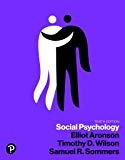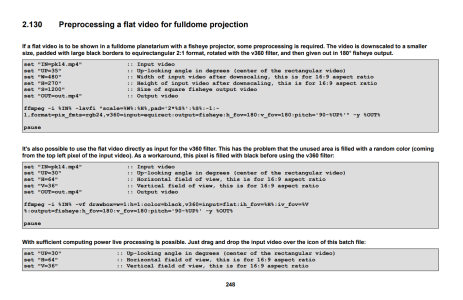Am 03.11.2022 um 09:35 schrieb Paul B Mahol:
> On 10/11/20, Michael Koch <astroelectronic at t-online.de> wrote:
>> Am 29.09.2020 um 22:54 schrieb Michael Koch:
>>> Hello all,
>>>
>>> I've programmed a C# workaround for stabilization of 360? videos. The
>>> procedure is as follows:
>>>
>>> 1. FFmpeg: From each frame of the equirectangular input video, extract
>>> two small images which are 90? apart in the input video. I call them A
>>> and B images.
>>>
>>> 2. C# code: Analyze the x and y image shift from subsequent A and B
>>> images. Calculate how the equirectangular frames must be rotated (yaw,
>>> pitch, roll) to compensate the image shifts. This part wasn't easy.
>>> Two rotation matrices and one matrix multiplication are required.
>>> Write the results to a *.cmd file.
>>>
>>> 3. FFmpeg: Read the *.cmd file and apply the rotations with the v360
>>> filter. The output video is stabilized.
>>>
>>>
For details and source code please have a look at chapter 2.78 in my
>>> book:
>>> http://www.astro-electronic.de/FFmpeg_Book.pdf
>>>
>>> If anyone wants to implement this in FFmpeg, please feel free to do it.
>> I've written and tested an improved version for 360? stabilization, it's
>> in chapter 2.79.
>
Your book is full or factual errors,
>
> Notice to anyone: do not use this thing for anything serious.
Thank you for so much promotion for my book.
Sure, it's likely that in more than 900 pages there are a few errors. We
all make errors. If anyone finds an error, please let me know. You find
my e-mail address on the first page.
http://www.astro-electronic.de/FFmpeg_Book.pdf
Michael







